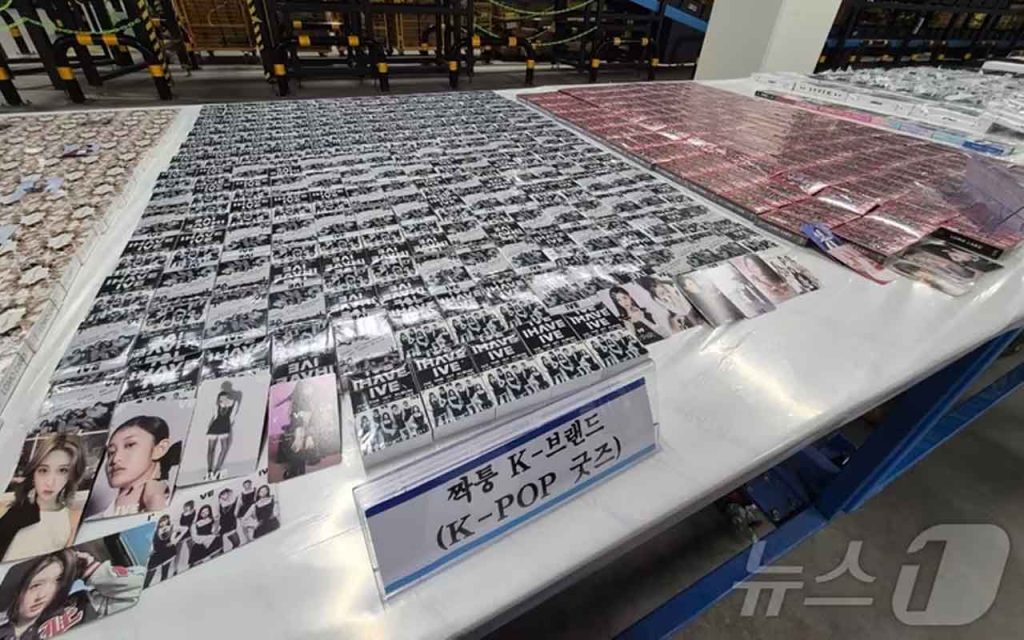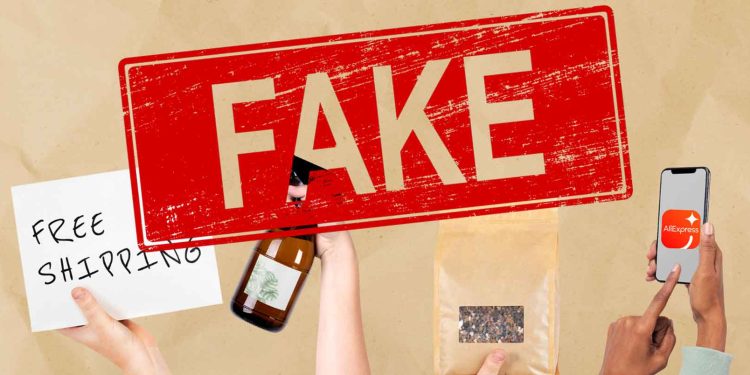Korea’s thriving startup and SME ecosystem, long celebrated for driving K-beauty, lifestyle, and cultural exports, is facing a mounting crisis. The explosion of cheap Chinese counterfeits flooding online platforms like AliExpress, Temu, and Shein is eroding market trust and directly undercutting legitimate innovators. As counterfeit goods flood Korea’s e-commerce landscape, Korea’s IP governance is facing a stress test with this growing crisis of Chinese replicas.
How can startups compete in a market where creativity is copied faster than it’s protected? Can the government eventually safeguard the value that drives its startup ecosystem?
Counterfeit Surge Sparks Policy Debate: Rising Threat in Korea’s Innovation Economy
Recent data from Incheon Customs reveals that between April and June 2025, authorities seized over 50,000 counterfeit items arriving from Chinese e-commerce channels. These included 10,890 imitation luxury goods and 1,497 fake Korean brand products, confirming that domestic innovators are being directly targeted.
Despite growing losses, enforcement remains weak. Counterfeit operations rely on cross-border small-package shipments that bypass most inspection systems. As a result, policymakers are now reconsidering the “small-package duty exemption” — a rule that currently allows imports under USD 150 to enter duty-free (almost like US’ De Minimis.)
Supporters argue that ending this exemption would help curb illegal imports and defend intellectual property (IP). But critics warn that such measures could limit consumer freedom, especially among younger buyers accustomed to affordable cross-border shopping.
Chinese Platforms and the Collapse of Fair Competition
Small Korean companies report devastating financial damage. According to lawmaker Oh Se-hee, cross-border e-commerce transactions reached KRW 8 trillion (~ USD 5.8 billion) in 2024 — three times higher than in 2019 — with Chinese goods accounting for over 60 percent.
An OECD report estimated that counterfeit Chinese cosmetics alone cost Korean firms KRW 293.6 billion (~ USD 215 million) annually. During a recent National Assembly audit, Oh presented near-identical Korean and Chinese product samples: a domestic item priced at KRW 13,800 versus a Chinese copy at KRW 1,159. The gap, she said, “makes fair competition impossible.”
Even major cultural IPs are not immune. Lawmaker Bae Hyun-jin also showed that “KPop Demon Hunters” merchandise and National Museum of Korea souvenirs are now being replicated and sold cheaply on Chinese platforms:
“Chinese portals and social-commerce sites like AliExpress are selling products modeled after our traditional roof tiles and dancheong (decorative paintwork) at rock-bottom prices.”

Industry and Government Responses
Data from the Korea Federation of SMEs (KBIZ) shows that 96.7 percent of small firms have experienced losses due to Chinese counterfeit imports, and 79 percent have abandoned legal or enforcement action altogether.
A senior SME representative said,
“Most imported goods arrive without quality verification. Counterfeits not only steal our designs but also erode consumer trust in Korean products.”
Government officials are now exploring policy reforms to strengthen oversight. The Ministry of Economy and Finance is reportedly assessing new taxation models for low-value imports, while the Ministry of SMEs and Startups (MSS) seeks inter-agency collaboration with customs, trade, and IP authorities.
However, bureaucratic caution remains high. The Yoon administration faced public backlash in 2024 when it tried to restrict uncertified imports lacking KC (Korea Certification) safety marks. The policy was withdrawn within three days amid consumer protests, especially from MZ-generation online shoppers.
A government insider said:
“This issue spans multiple ministries, not just customs authorities, yet no single agency has taken the lead. Officials are treading carefully, wary of a repeat of last year’s public outcry.”
Why Counterfeit Control Matters for Korea’s Startup Ecosystem
Beyond trade fairness, the issue exposes structural weaknesses in Korea’s innovation governance. Startups — particularly in design, beauty, lifestyle tech, and cultural merchandise — operate in industries where IP is the main value driver. When counterfeits dominate distribution networks, investors lose confidence, and startups hesitate to scale globally.
If left unchecked, counterfeit proliferation could weaken Korea’s brand credibility and undermine the country’s push for stronger IP protection. Not only that, but the counterfeit issue could eventually threaten the country’s ambitions to position itself as a trust-based technology and creative export hub.
At a global level, this situation underscores the need for cross-border regulatory cooperation. The United States, the European Union, and Australia have already imposed tariffs or abolished low-value exemptions for Chinese goods. Without comparable protection, Korea risks becoming a soft target for counterfeit inflows.
Toward a New IP Protection Framework
Experts argue that Korea’s next phase of startup policy reform must treat intellectual property as infrastructure, not as an afterthought.
Lee Eun-hee, professor emeritus at Inha University, noted:
“Instead of simply removing exemptions, the government should focus on transparent product information and stricter enforcement against goods that clearly violate safety or IP standards.”
That is why effective solutions will depend on how well agencies balance consumer freedom, innovation incentives, and IP enforcement.
Establishing fast-track IP registration for SMEs, creating AI-based counterfeit detection tools, and expanding bilateral enforcement partnerships with China could form part of a sustainable response.
Counterfeit Crisis: A Stress Test for Korea’s IP Protection System
Beyond a simple trade dispute, this counterfeit crisis has now turned into a stress test for Korea’s startup protection system. As policymakers weigh public sentiment against industrial urgency, one reality remains clear: safeguarding innovation now requires a national IP governance upgrade.
And so, for a country whose economic future rests on creativity and global trust, the protection of intellectual property is not just about defending products but more about defending Korea’s innovation identity itself.
🤝 Looking to connect with verified Korean companies building globally?
Explore curated company profiles and request direct introductions through beSUCCESS Connect.
– Stay Ahead in Korea’s Startup Scene –
Get real-time insights, funding updates, and policy shifts shaping Korea’s innovation ecosystem.
➡️ Follow KoreaTechDesk on LinkedIn, X (Twitter), Threads, Bluesky, Telegram, Facebook, and WhatsApp Channel.






